The Writing Life with Mystery Author Verlin Darrow
Verlin Darrow is currently a
psychotherapist who lives with his psychotherapist wife in the woods near the
Monterey Bay in northern California. They diagnose each other as necessary.
Verlin is a former professional volleyball player (in Italy), unsuccessful country-western
singer/songwriter, import store owner, and assistant guru in a small, benign
spiritual organization. Before bowing to the need for higher education, a much
younger Verlin ran a punch press in a sheet metal factory, drove a taxi, worked
as a night janitor, shoveled asphalt on a road crew, and installed wood
flooring. He missed being blown up by Mt. St. Helens by ten minutes, survived
the 1985 Mexico City earthquake (8 on the Richter scale), and (so far) has
successfully weathered his own internal disasters.
Website: www.verlindarrow.com
Book: https://www.amazon.com/author/verlindarrow
INTERVIEW:
What got you into writing?
At first, I was desperate for
meaning. That’s what got me started. As a depressed young adult, fraught with
existential angst and across the board over-thinking, I was never satisfied by
life. I wasn’t in direct contact with the world, so I couldn’t be fed by it.
When I created a manuscript, I introduced something into my experience that
mattered to me—a new element that penetrated the layers of insulation I’d
gathered around myself to stay safe.
 However therapeutic, this era of
writing was marked by a distinct lack of expertise. When I eventually began to
build a skill set, I added in another motive—making money without having to
work a regular job—you know, getting all sweaty, being bossed around, keeping
regular hours. Not surprisingly, I failed to manage anything close to making a
living writing. Perhaps I sustain a large-scale writing project as a hobby.
Nope. It simply didn’t provide enough reward to motivate me.
However therapeutic, this era of
writing was marked by a distinct lack of expertise. When I eventually began to
build a skill set, I added in another motive—making money without having to
work a regular job—you know, getting all sweaty, being bossed around, keeping
regular hours. Not surprisingly, I failed to manage anything close to making a
living writing. Perhaps I sustain a large-scale writing project as a hobby.
Nope. It simply didn’t provide enough reward to motivate me.
Eventually, I had something to say,
and the tools to say it. Then the early motives dropped away.
What do you like best about being an author?
The moment may be sufficient these
days, and I may not need to write or generate drunk monkey busy-mindedness to
escape it, but nonetheless I feel a continuous urge to create and serve others
by adding something meaningful to their
moments.
In a sense, I write due to
attrition. I tried pretty much everything else and writing survived the
process. I was a professional athlete, a store owner, a spiritual mentor, a
singer/songwriter, rich, poor, a Southerner, a New Englander, a Texan, a Californian,
an ex-patriate, a factory worker, a road crew laborer, a taxi driver, a
carpenter, a world traveler, a hippie, and too many others to list. As I worked
my way through what didn’t match who I was—what was based on flawed ideas about
myself—I zeroed in on psychotherapy and writing.
They both draw helpful, intriguing,
fun things out of me from all levels of my being. Whatever difficulties I’ve
endured, I can spread the learning associated with these in both realms. In my
work as a therapist, this might entail direct sharing or role modeling. With
writing, it’s usually in the background—the settings, a given character’s
perspective, or the details of how my protagonist changes over the course of
the plot.
Some people really do change,
sometimes dramatically, in a short period of time, especially when a conspiracy
of dramatic, unexpected events swirl around them as they do in Blood and
Wisdom, my new PI mystery.
When do you hate it?
When
I get bogged down in a series of projects that don’t have legs. Once I went 0
for 4—none of the manuscripts made it past
sixty pages.
What is a regular writing day like for you?
I get up early and write for three
hours when a project is rolling along. Otherwise, I might edit or try things
out whenever I have a chance. I have a day job as a psychotherapist, so that
keeps me busy.
Do you think authors have big egos?
Not the ones I’ve met, but I can see
how it could be an occupational hazard if a great deal of success came early in
someone’s career. Certainly, you have to believe in yourself, your skillset,
and your message, but this doesn’t necessarily translate into anything
annoying. It all depends on your emotional maturity—how you hold good stuff about yourself—not the bare facts themselves.
How do you handle negative reviews?
This may be hard to believe, but
I’ve never gotten a professional bad one and only one reader stated that a
previous book “wasn’t well-written.” Twenty years later, I agree with him, so
this hasn’t been an issue.
How do you handle positive reviews?
What’s to handle? They just feel
good—affirming.
What is the usual response when you tell a new acquaintance
that you’re an author?
In this order: they want to know
what sort of books I write, what’s a recent title, what’s the book about, and
where can they get it? I think I strike people as someone who might be
competent at writing, so an encounter like this will often lead to a sale.
What do you do on those days you don’t feel like writing? Do
you force it or take a break?
I used to force it, now I don’t.
What’s the rush? I know I’ll get back into it and I know that when I do, the
writing will be better than the forced pages.
Any writing quirks?
I start with almost no plan at all,
and the plot and characterization fall out of me as I go along. Of course, then
I have more editing, especially for continuity, compared to other authors. It
works for me since I get to find out what’s going to happen just as the reader
does, page by page.
What would you do if people around you didn’t take your
writing seriously or see it as a hobby?
I’ve learned to let people be who
they are and do what they do. I don’t need to engage with people to educate,
reform, or change them around something like that. Some people are attuned to
you and some don’t get you. That’s the human condition, not a problem, per se.
Some authors seem to have a love-hate relationship to
writing. Can you relate?
Yes! Sometimes I feel the curse of
having to slog along, getting nothing back from my energy output. If I stop, I’m
unhappy. If I continue, I’m unhappy. But other times, the creative flow is
almost blissful—a sensation of something going just
right. Where else do we get that? I’d liken it to when I played professional
volleyball overseas. You get in a zone, and it’s all perfect, and you perform
at your upper limit.
What’s on the horizon for you?
After Blood and Wisdom, my PI mystery, Wild Rose Press will publish a
fantasy thriller of mine around the end of 2018. In Coattail Karma, cult
leaders chase a psychotherapist protagonist across three continents because
they believe he’s a clone of Buddha.
Leave us with some words of wisdom about the writing process
or about being a writer.

















































































































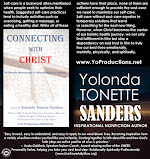


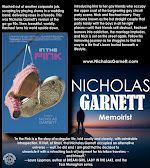


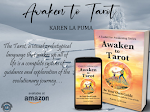
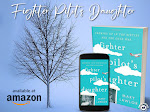
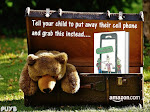
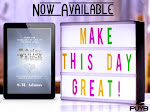


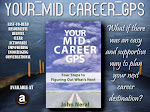
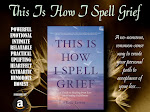
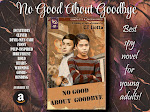

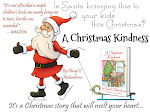
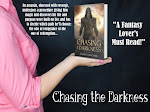
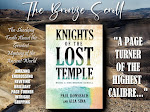


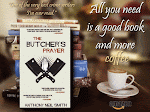
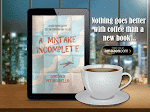
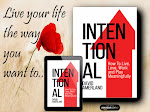
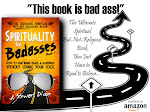

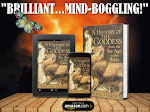

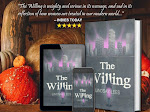
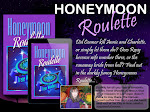
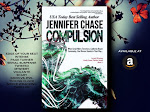
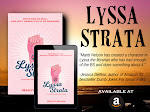
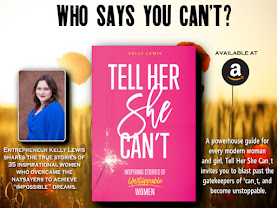









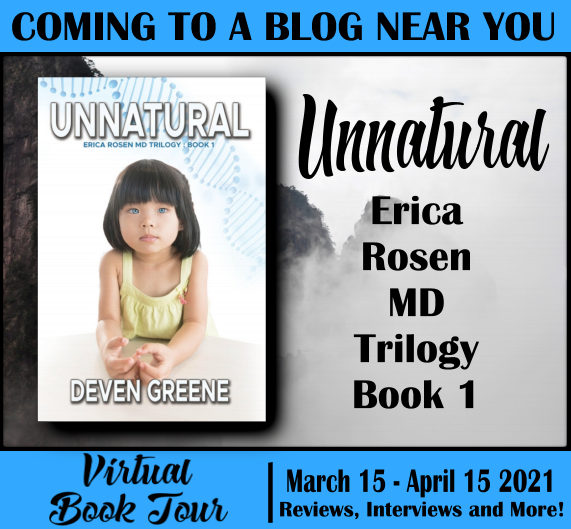
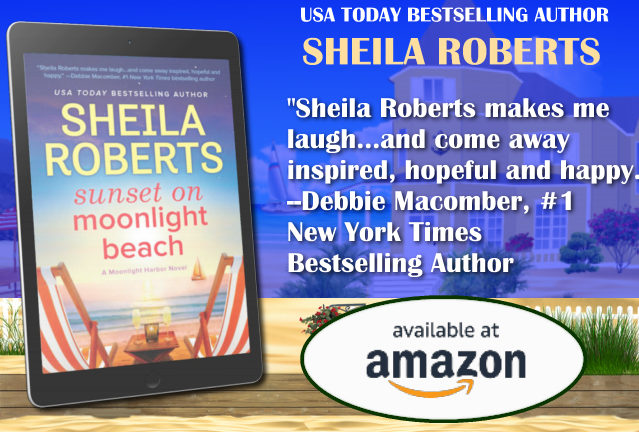
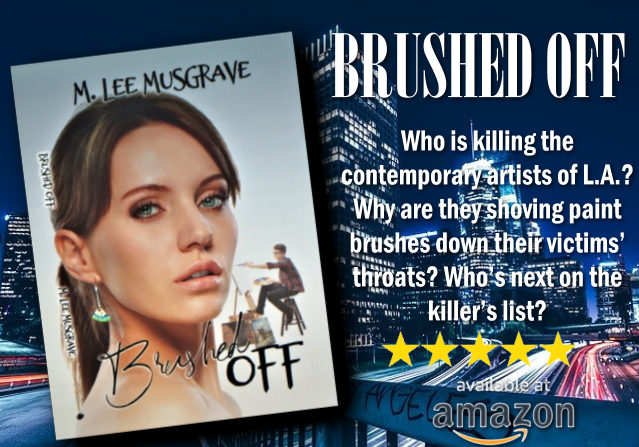


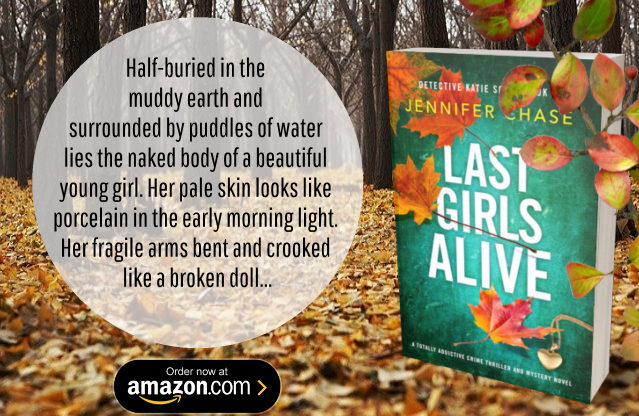
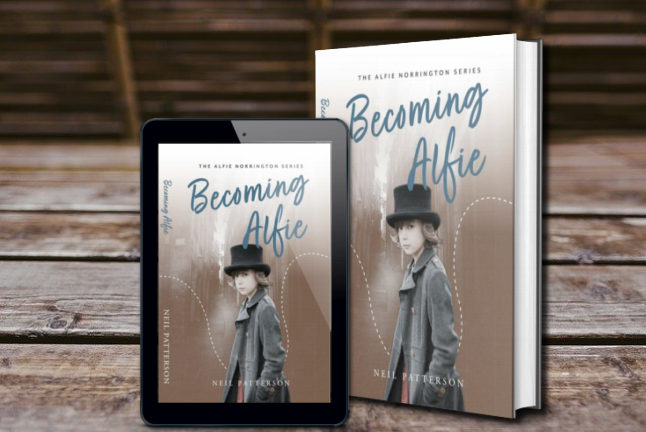
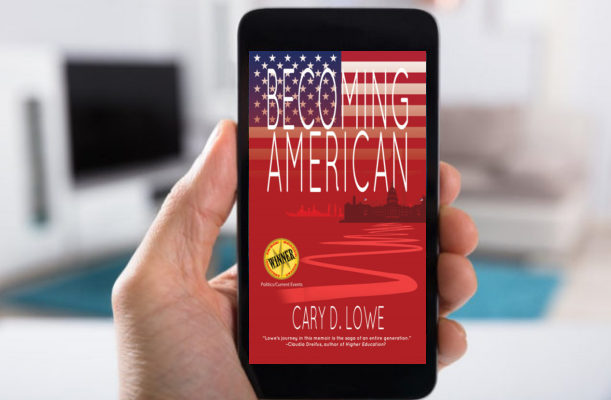

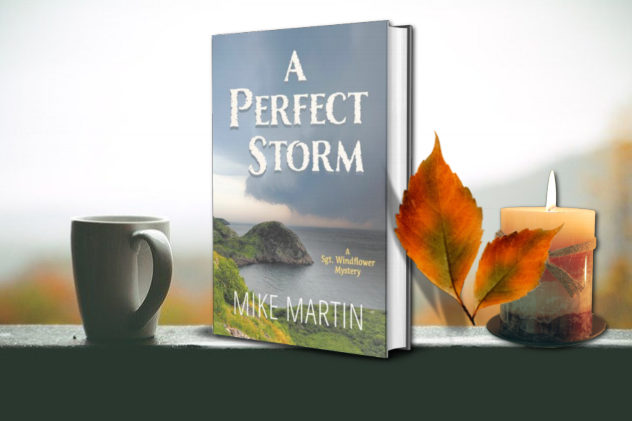
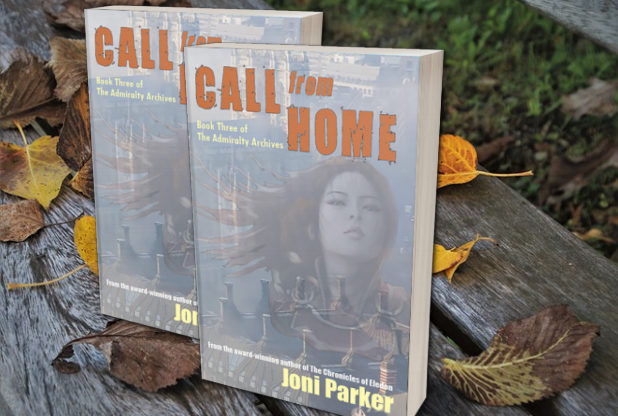
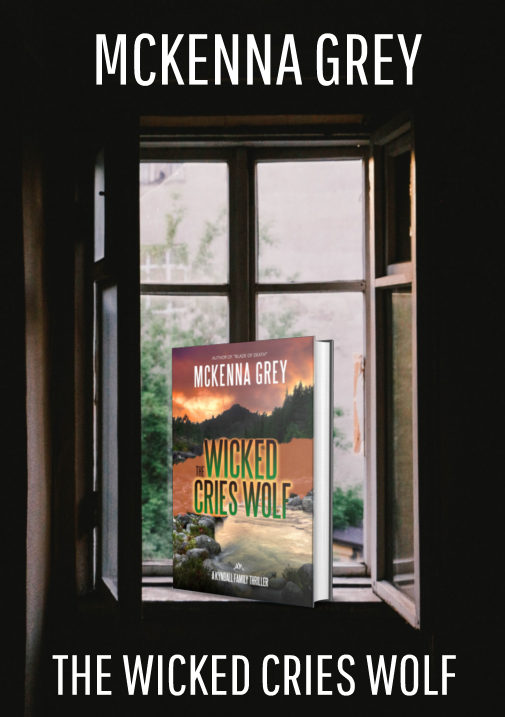


Leave a Comment